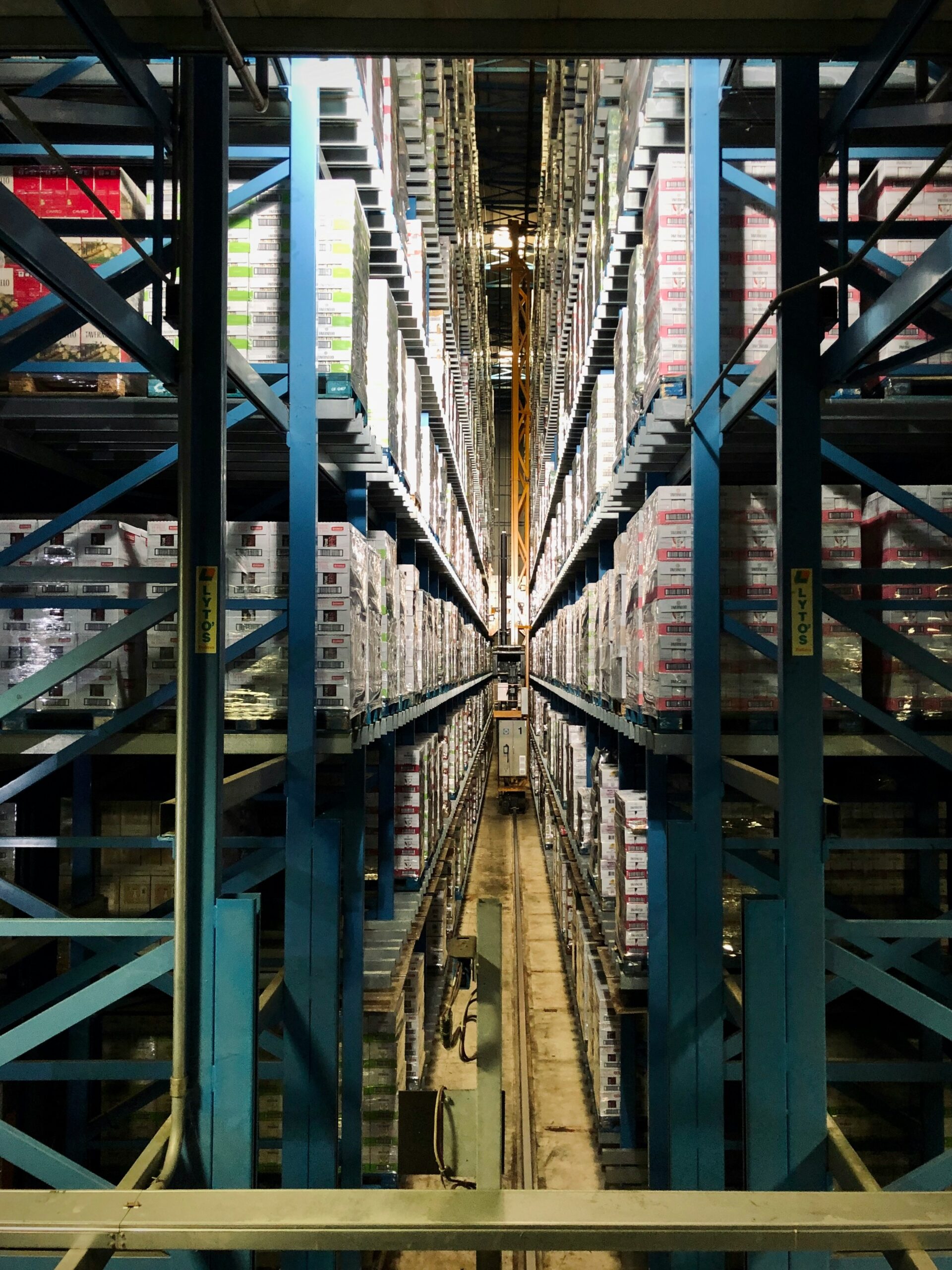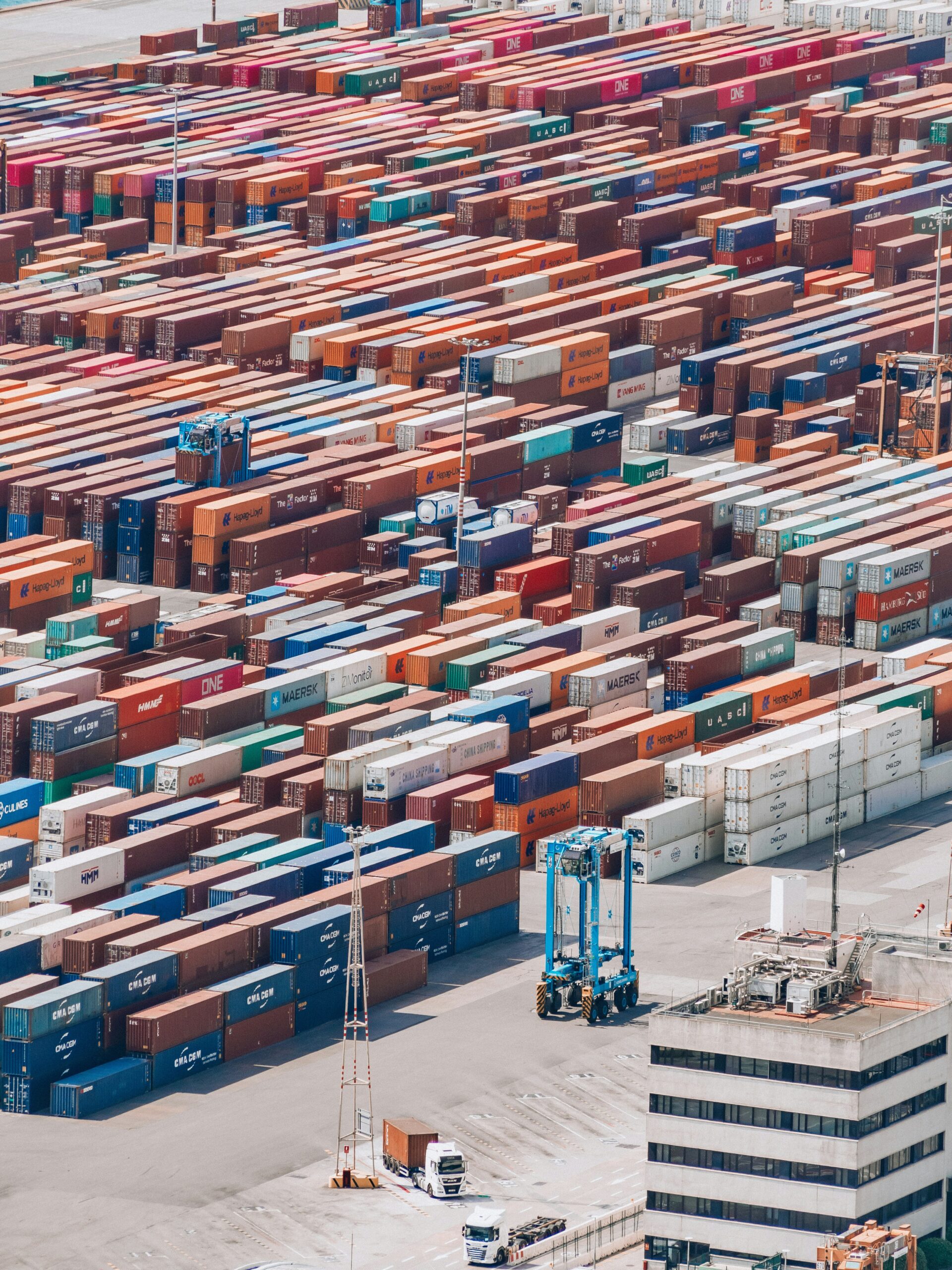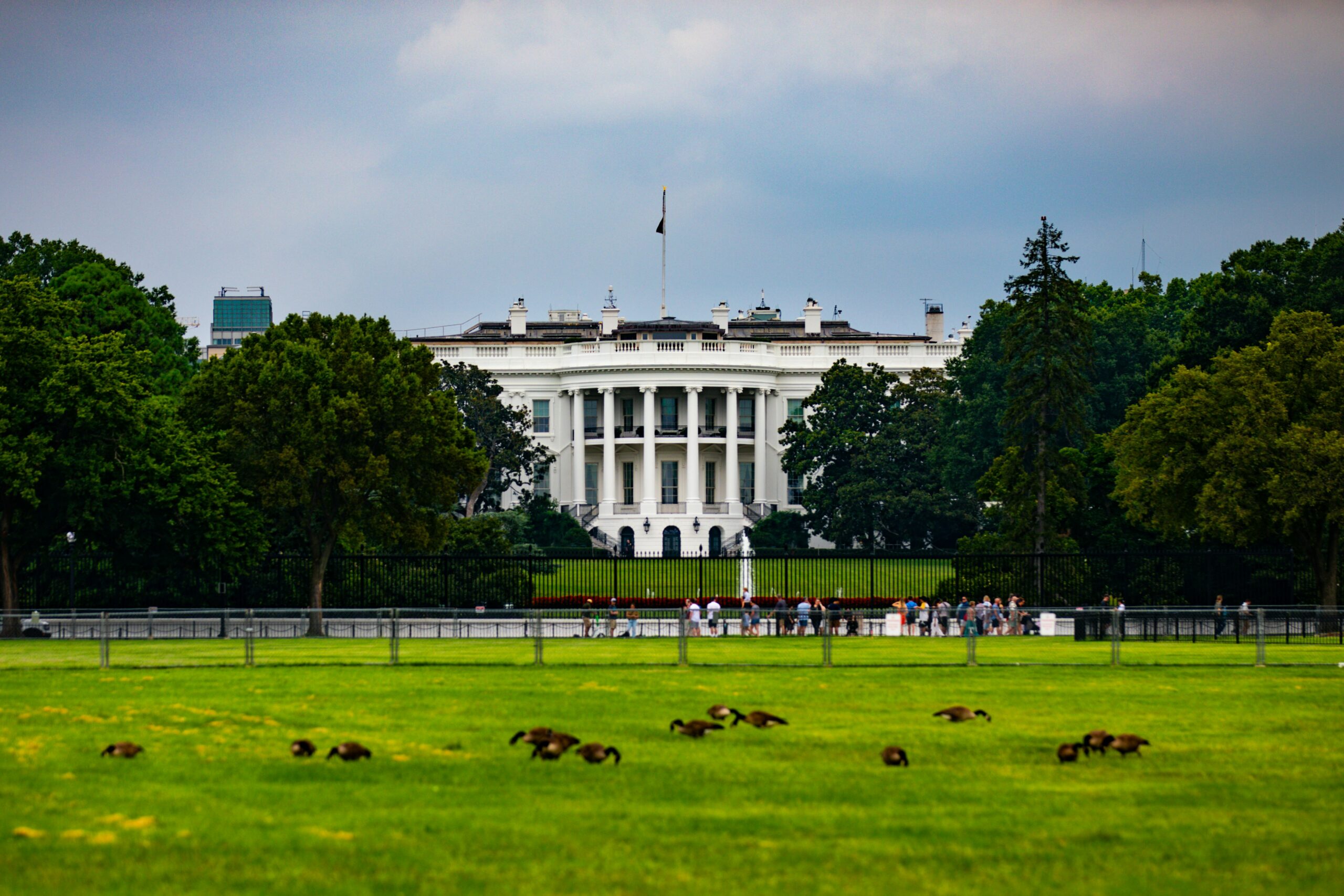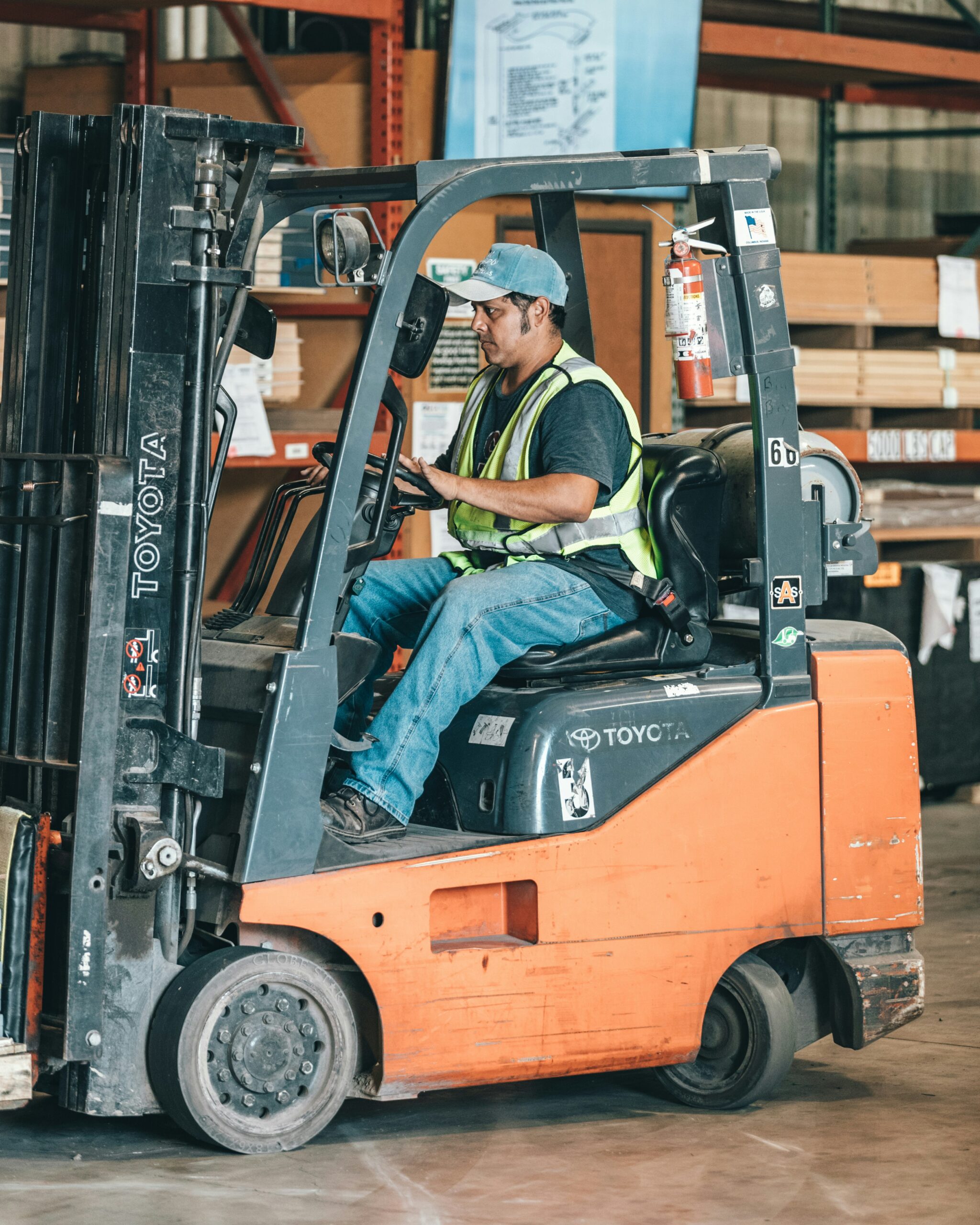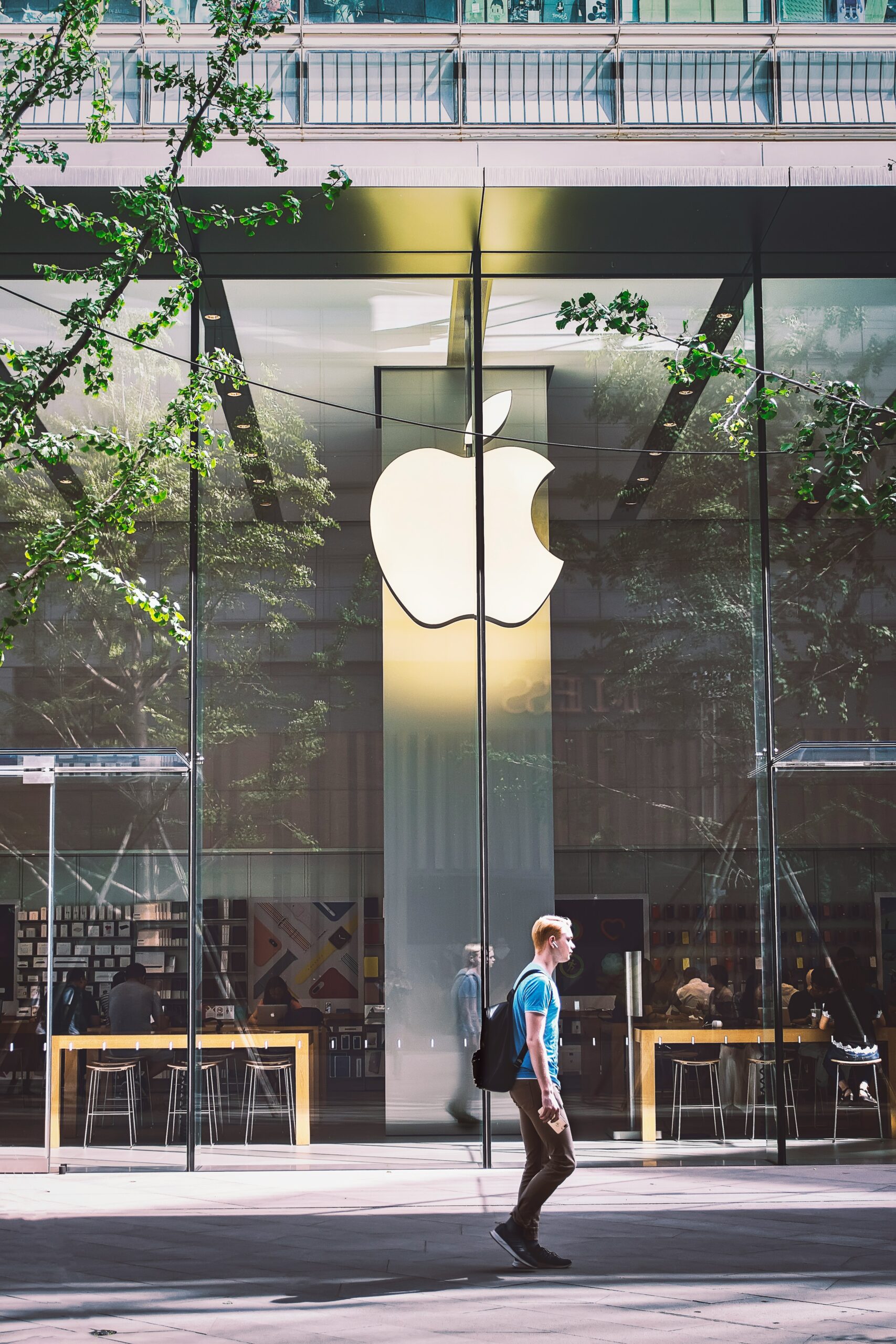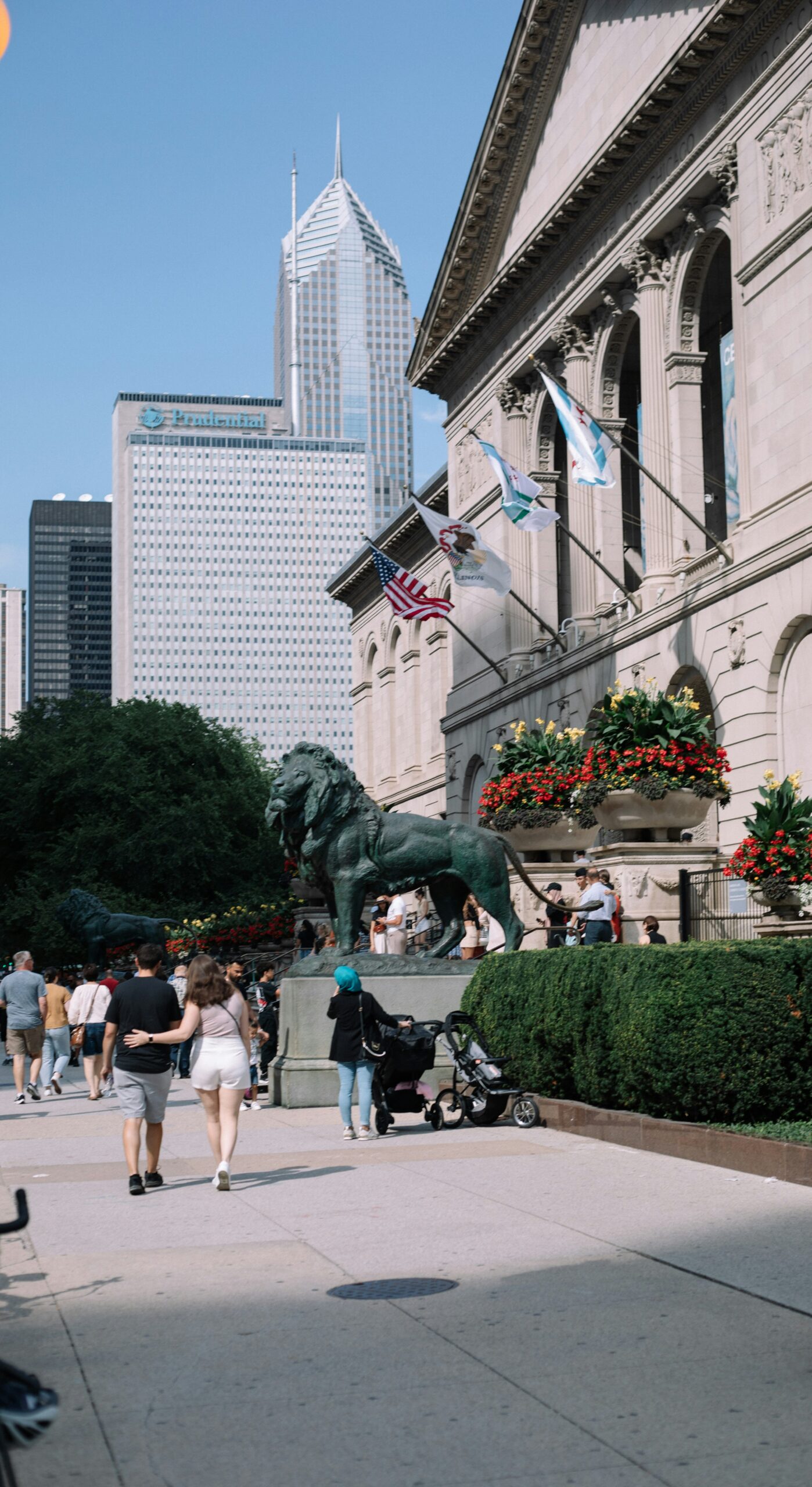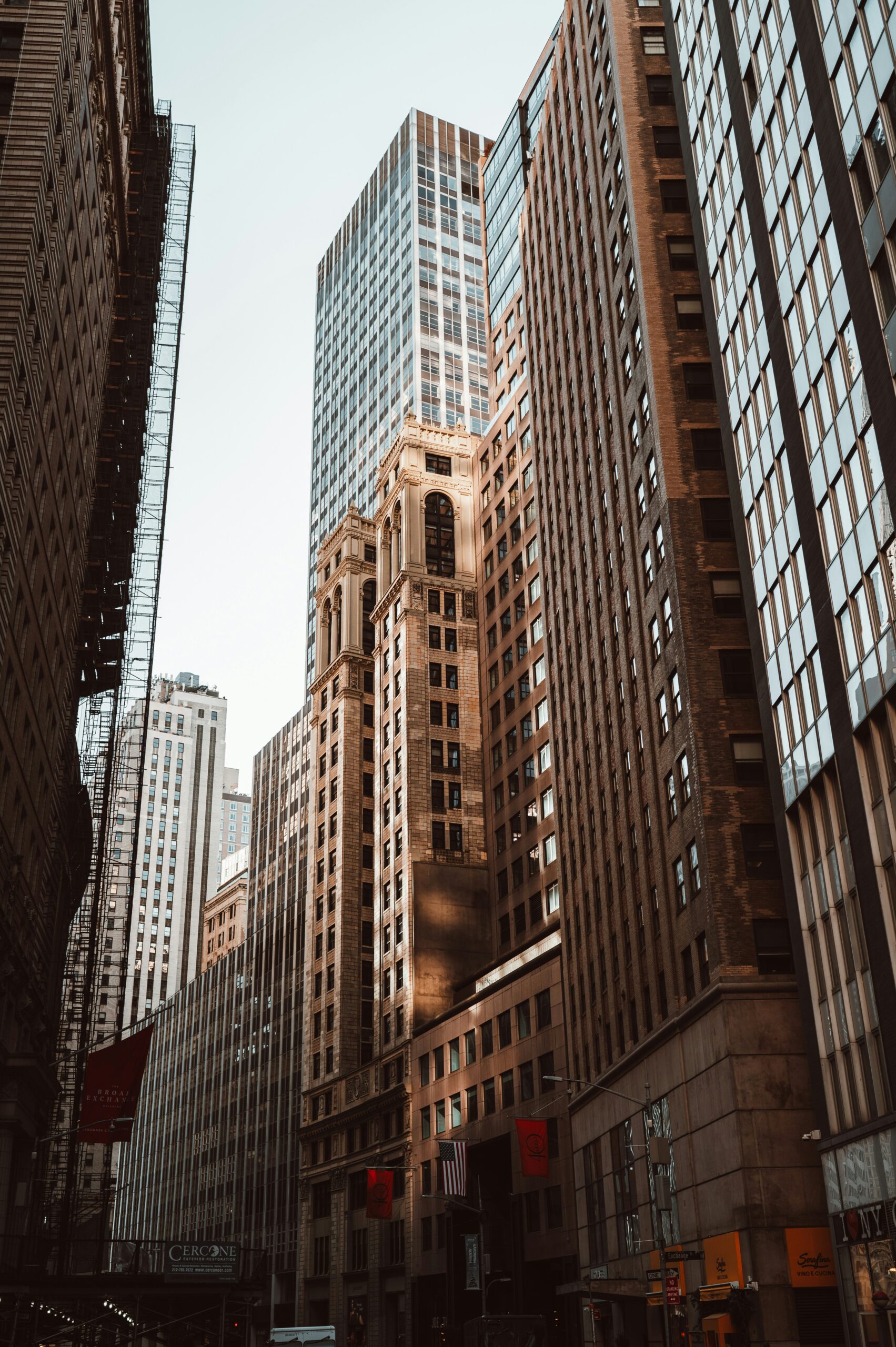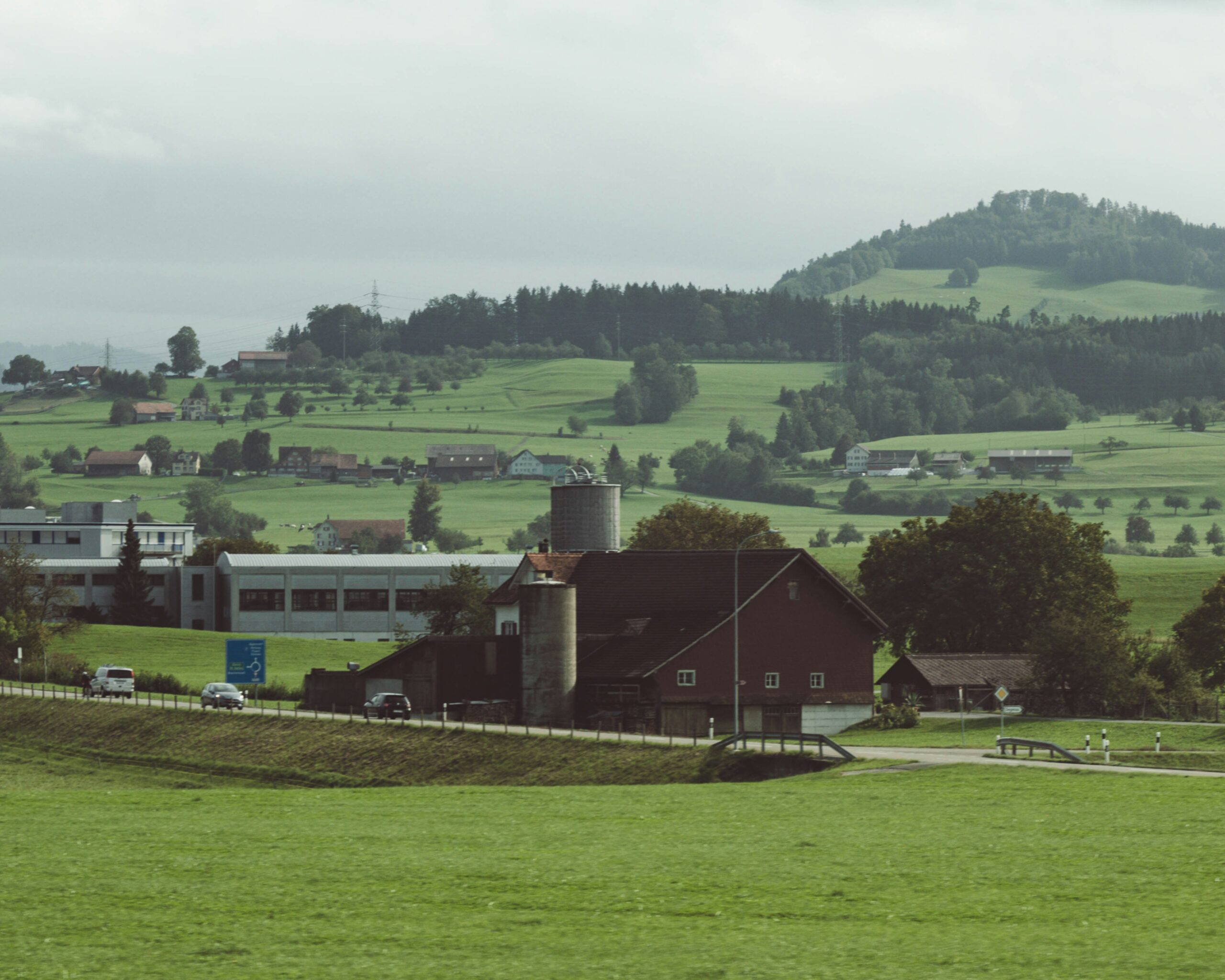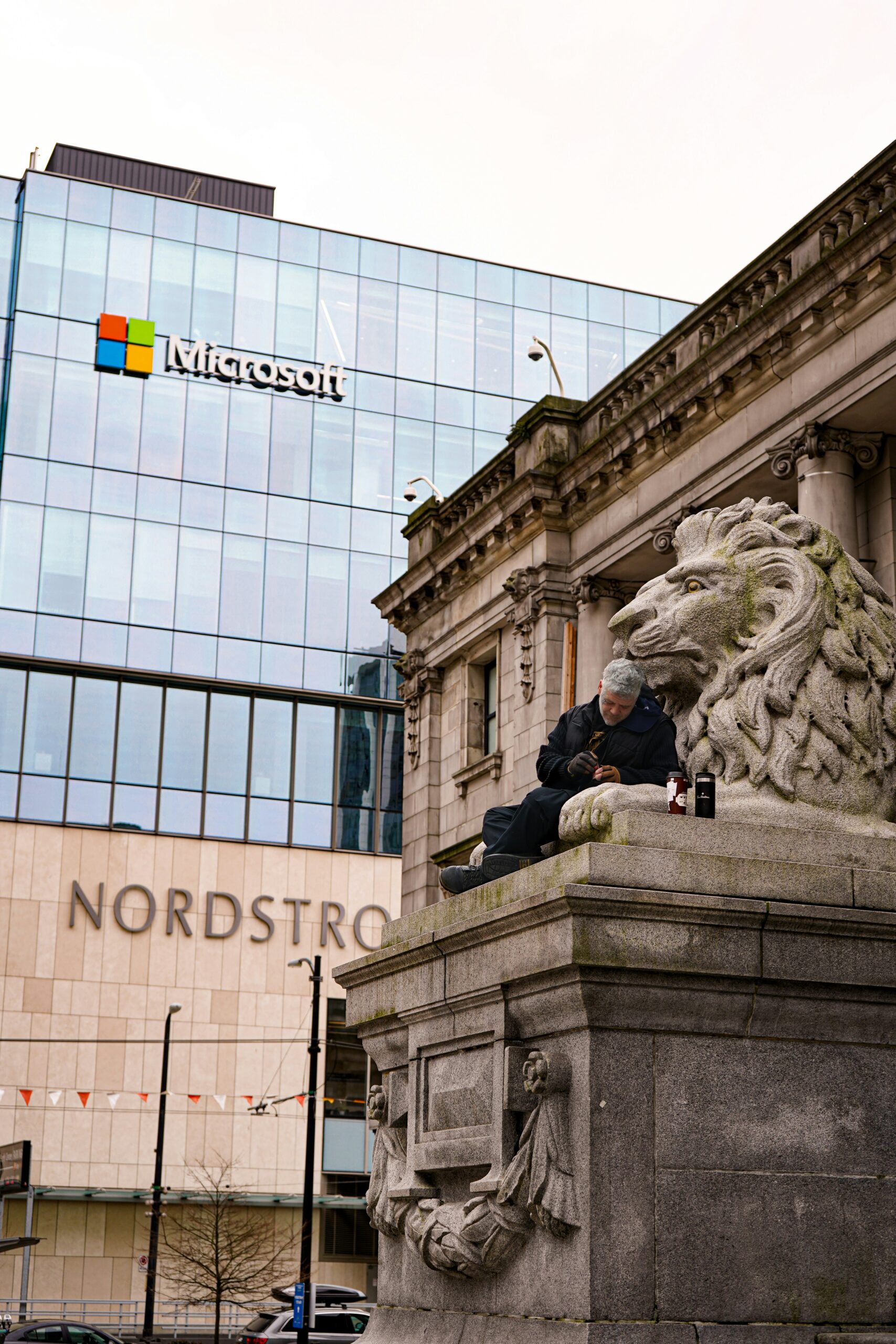Image credit: Unsplash
Over the past several years, sustainability and environmentally safe measures have become far more important to businesses, individuals, and the planet at large. As extreme weather events increase and unprecedented storms impact nations throughout the year, it has become clear that these measures are more important now than ever before. This has led many U.S. cities to adopt environmental protection policies from overseas, one of the most prominent of which is composting.
There is a growing trend of mandatory composting regulations in major cities like New York. This follows the global push toward wide-scale sustainability and mirrors Europe’s lead in composting policies.
The Impact of Regulations on Businesses and Consumers
While these new composting regulations have been implemented to benefit the planet on a larger scale, at the local level, the burden falls upon businesses and individuals in these cities to uphold their end of the deal. Businesses must now adapt to these new city-level rules banning certain materials and mandating composting—or face fines from city regulators.
On a consumer level, these regulations have further strengthened support for the sustainability movement. Individuals are now incorporating composting into their daily lives so that they can more effectively play a part in this eco-friendly shift.
Common Misconceptions About Composting
There are numerous misconceptions about composting, most of which stem from long-standing stigmatizations promoted by those who stand to profit from not implementing such policies. For example, many people believe that composting will make the city dirtier and smellier. This misconception could not be further from the truth, as composting is actually cleaner and more efficient than regular trash disposal.
Education and open conversation are key to combating misconceptions like these. Proper waste containment and public awareness play crucial roles in making composting accessible and efficient.
Leveraging Technology for a Sustainable Future
Now, AI and automation are being used to streamline supply chains and composting efforts. Businesses have made composting easier for urban dwellers through the use of these new tools.
SupplyClub and CompostClub are two such businesses. Both evolved from paper straw businesses into comprehensive operating systems. Founded by Andrew Hargest, they use AI and automation to create scalable, efficient processes for small businesses, allowing them to compete with larger corporations in technology and service.
As these mandatory composting regulations spread, Andrew says that their relative success hinges on community engagement and demonstrating tangible benefits.
“People will start to see, ‘Whoa.’ Once we turn city-collected scraps into compost and use it in places like Central Park with signs that say, ‘These flowers are brought to you by the East Village,’ that creates a sense of community pride. That’s when we’ll see composting really take off,” Andrew says.
Final Thoughts
Now, more than ever before, the prioritization of sustainability in business practices has become a focal point for many people. The widespread implementation of measures such as composting is not only incredibly helpful to the environment but also widely popular. However, to persuade the majority of the population that the effort is worth the regulations, it is crucial to keep the beneficial results visible while encouraging broader composting adoption.




























